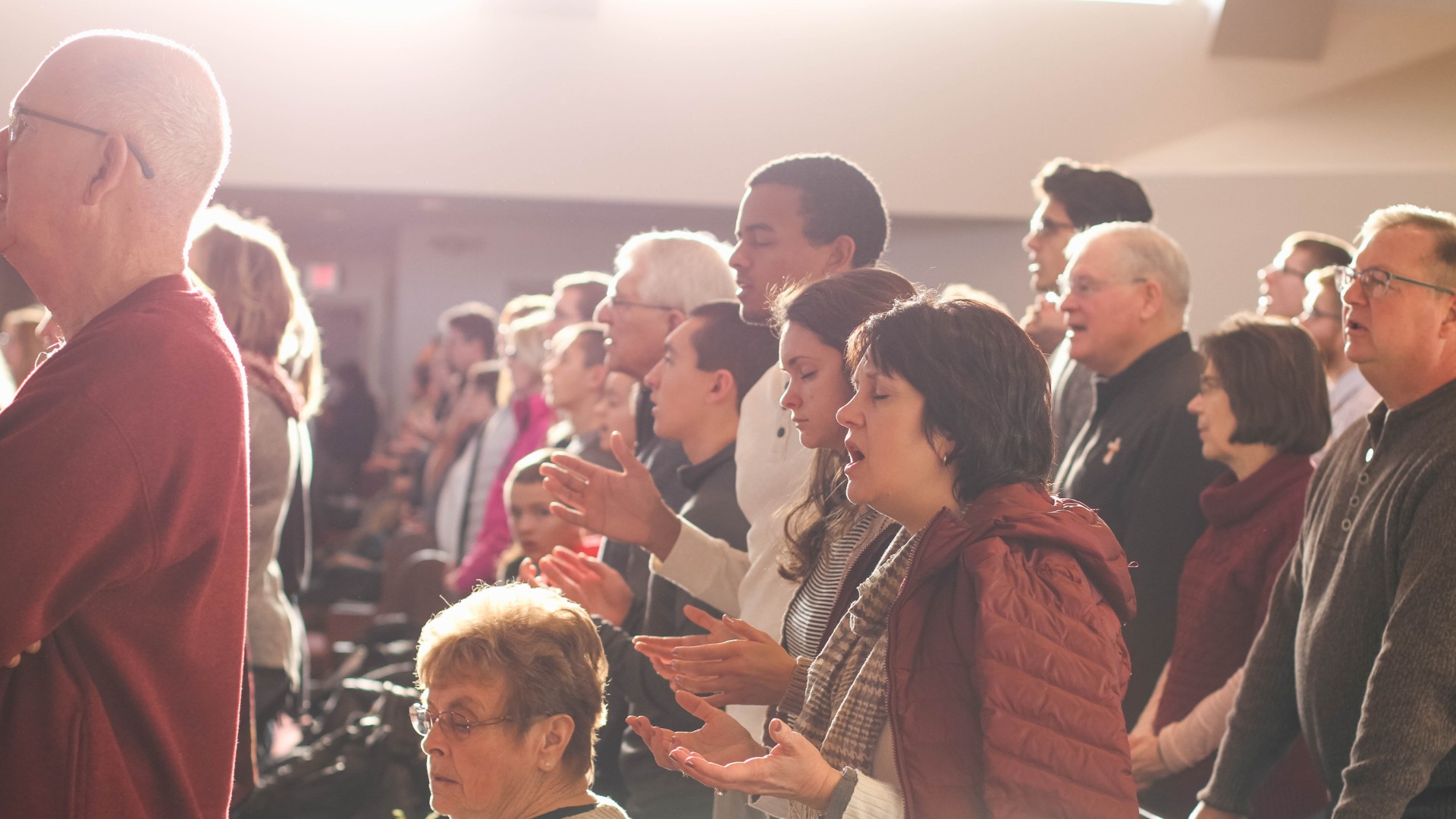I’m told I’ve got this wrong. I’m told that when it comes to people who identity as LGBT, God doesn’t expect them to change who they are or change who they love. I’m also told this is too hard a pill for evangelicals to swallow.
I presume that what they mean is that people with same-sex attraction, a transgender identity, or who claim to be non-binary are free to embrace those impulses and satisfy those desires. God doesn’t expect them to change their identities or the the objects of their affection. They can be faithful followers of Jesus while fully embracing their LGBT identity.
The claim that becoming a follower of Jesus doesn’t entail change, however, is totally foreign to what it means to be a Christian. Every believer who is transformed by the sanctifying power of the Holy Spirit experiences a change of identity and lifestyle. It’s unreasonable to expect that the same power that raised Jesus from the grave—that resides in a regenerate person’s soul—is not going to change who you are and change your desires.
That’s because becoming a follower of Jesus isn’t an minor change. It’s not a slight shift. It’s a total transformation. You’re born again (John 3:3). You exit darkness and enter the light (1 Pet. 2:9). You were once a slave to sin and now are a slave to righteousness (Rom. 6:16–18). You were dead in your sins but now are alive in Christ (Rom. 6:11). You are adopted by God and have become his child (Rom. 8:15). The old things pass away and the new things come. You literally become a new creation (2 Cor. 5:17).
To think that such a dramatic transition wouldn’t change who you are and change your desires is to completely miss the point and power of the gospel.
In the incarnation, Jesus emptied himself and took the form of a bondservant (Phil. 2:6–8). To follow the will of the Father, he endured immeasurable suffering and death. If we are going to follow Jesus, we should also expect to deny ourselves and take up our cross to follow the will of the Father. That will look different for every person that becomes a believer. It will require us to live a life denying unbiblical desires, which is an incredibly difficult path (Gal. 5:16). But those adopted into the family of God are given the Holy Spirit to help us do just that. Easy? No. But all things are possible with God.
I have many friends who are attracted to the same sex. When they first became believers, they recognized that God changed who they were and, consequently, called them to change what sexual desires they satisfied. They recognized that satisfying their own same-sex desires (in either thought or deed) was unbiblical and instead followed the will of the Father. That is their cross that they pick up daily to follow Jesus. Easy? No. But all things are possible with God.
Every person who follows Jesus experiences a change in who they are and what desires they will satisfy. That will look different for every individual. Some will argue that it doesn’t seem fair that some desires are harder to deny than others. I agree. That’s not an excuse, though.
So, do LGBT people need to change who they are and who they love? If they want to follow Jesus, then, yes, of course. God calls us to change our unbiblical identity (whatever it is) and align our will (whatever its desires) with the Father. But that’s not just for LGBT people. It’s for every person who calls upon the name of Jesus (Rom. 10:13). That truth might be too hard a pill to swallow for some. Easy? No. But all things are possible with God.

